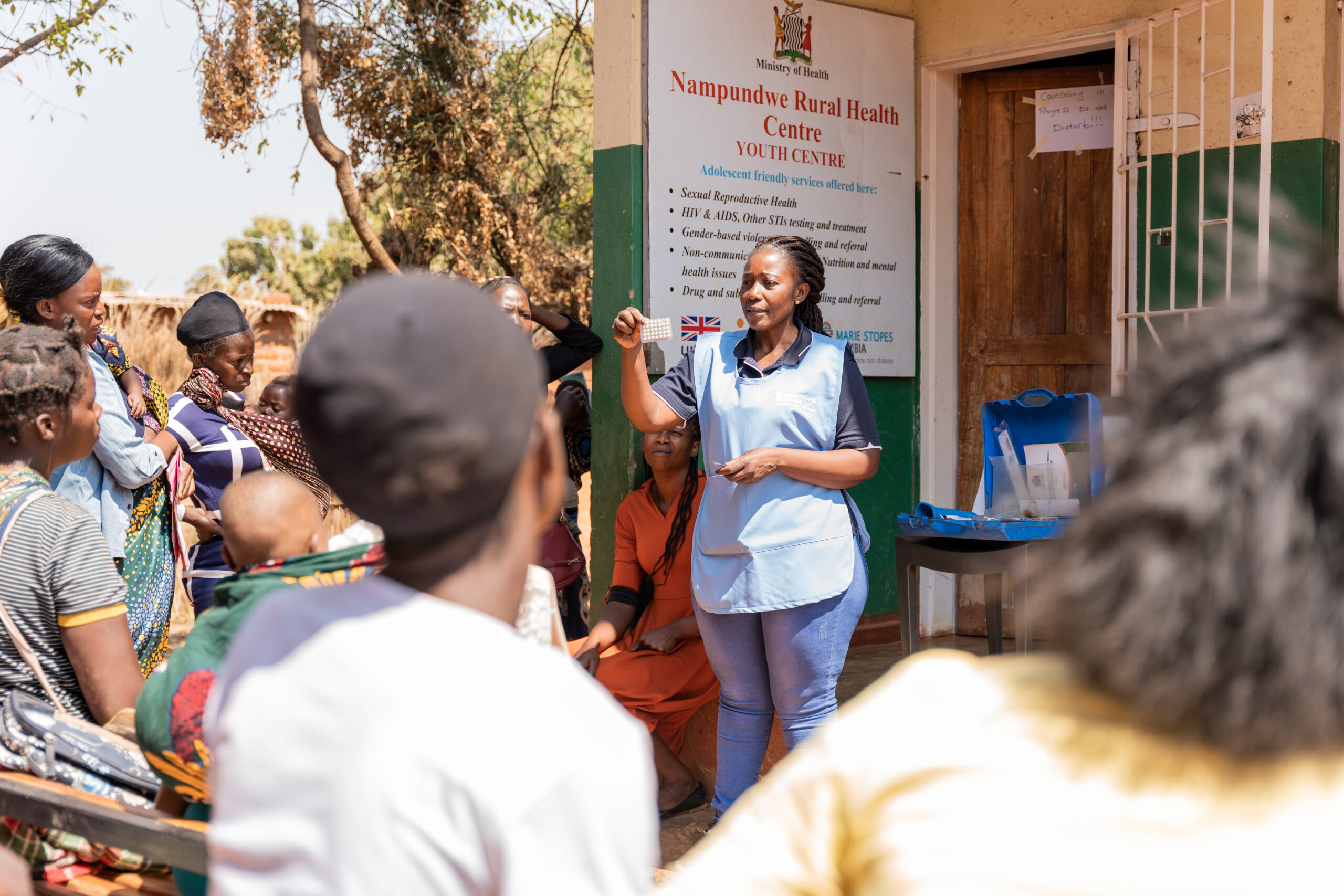
Contraception donations
Everyone should have the freedom to make choices about their own future.
But in reality, this isn’t the case. Around the world, 257 million women aren’t able to access the contraception they want and need, denying them the power to choose if or when to become pregnant.
As one of the world’s leading reproductive healthcare charities, MSI Reproductive Choices is fighting to give women and girls control over their bodies and their futures.
We deliver contraception across six continents and 36 countries. Last year, we supported 23.8 million women and girls around the world with their reproductive choices, including contraception.
That’s 94,000 people every single day.
By making a contraception donation today, you can help us go even further to expand global contraception access – until every woman and girl is able to choose their own future.
Donate to support contraception
Access to contraception can transform lives.
Your contraception donation has the power to:
✔️ Support girls to stay in school and finish their education
✔️ Empower women to pursue their careers
✔️ Pave the way for a gender equal world
✔️ Break cycles of poverty
Your donation can help fund our outreach teams, who cross rivers and hike through rugged landscapes with supplies on their backs, to bring contraception to marginalised communities.
Your donation can help us offer a wide range of contraceptive options, so people can choose the family planning method that suits them. Whether that’s short-term contraception like the birth control pill, long-acting contraception like an IUD, or permanent contraception like a vasectomy.
Your donation can help us combat misinformation and stigma around reproductive healthcare, ensuring that women and girls feel confident enough to access contraception. We work closely with local communities to transform attitudes and behaviour.
Your donation can help us partner with governments to ensure that contraceptive access is here for generations to come. We do this by training local public health providers, helping to strengthen supply chains, and ensuring quality care.





